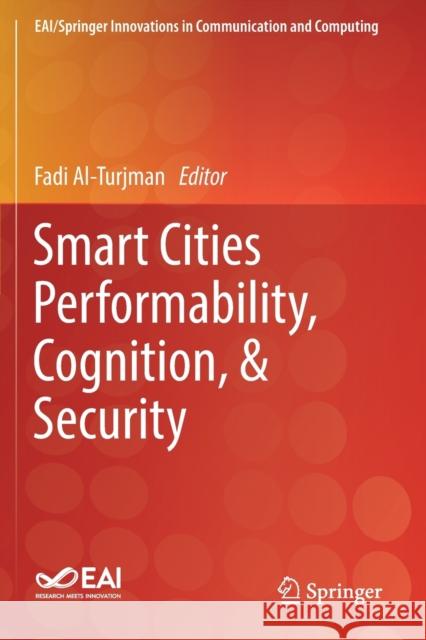Smart Cities Performability, Cognition, & Security » książka
topmenu
Smart Cities Performability, Cognition, & Security
ISBN-13: 9783030147204 / Angielski / Miękka / 2020 / 243 str.
Smart Cities Performability, Cognition, & Security
ISBN-13: 9783030147204 / Angielski / Miękka / 2020 / 243 str.
cena 342,14
(netto: 325,85 VAT: 5%)
Najniższa cena z 30 dni: 327,68
(netto: 325,85 VAT: 5%)
Najniższa cena z 30 dni: 327,68
Termin realizacji zamówienia:
ok. 16-18 dni roboczych.
ok. 16-18 dni roboczych.
Darmowa dostawa!
Kategorie:
Kategorie BISAC:
Wydawca:
Springer
Seria wydawnicza:
Język:
Angielski
ISBN-13:
9783030147204
Rok wydania:
2020
Wydanie:
2020
Numer serii:
000824465
Ilość stron:
243
Waga:
0.36 kg
Wymiary:
23.39 x 15.6 x 1.4
Oprawa:
Miękka
Wolumenów:
01
Dodatkowe informacje:
Wydanie ilustrowane











